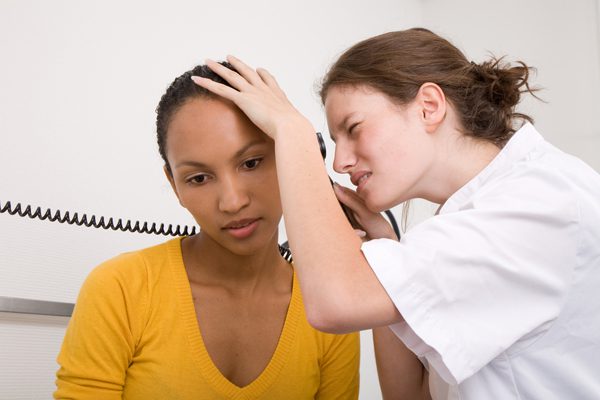Differences in Hearing Loss Between Men and Women
Hearing loss can affect anyone, but it often shows up in different ways


Hearing loss can affect anyone, but it often shows up in different ways

Most people don’t realize that the inner ear plays a role in more than

Hearing loss is often viewed as a physical condition, but its effects can